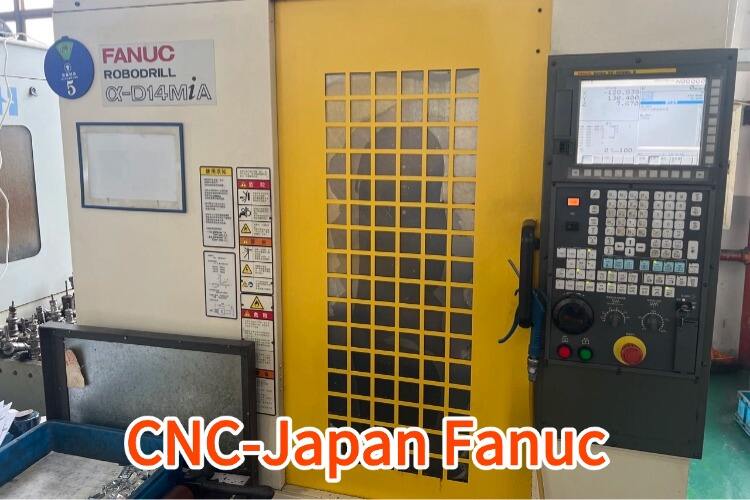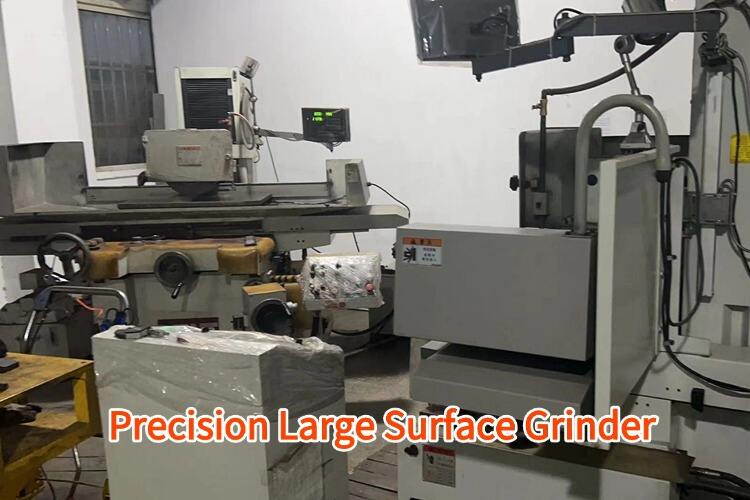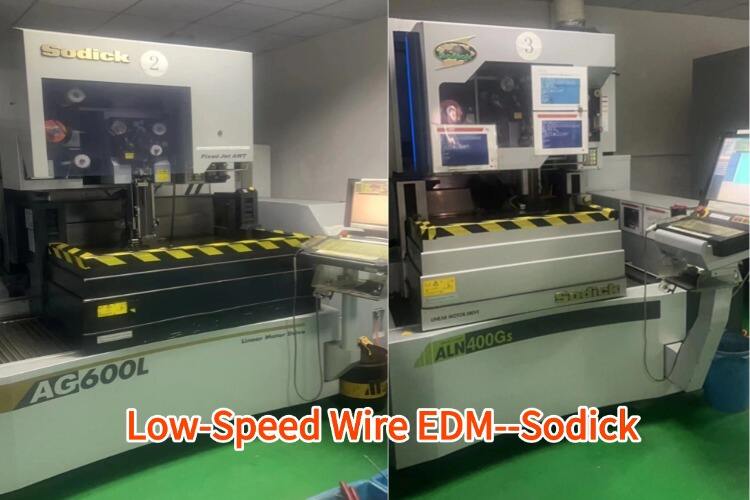stamping plant
A stamping plant represents a sophisticated manufacturing facility designed for precision metal forming operations. These facilities integrate advanced hydraulic or mechanical presses, automated material handling systems, and quality control mechanisms to transform flat metal sheets into complex components. The plant typically features multiple press lines equipped with progressive die systems, enabling sequential forming operations in a single production cycle. Modern stamping plants incorporate smart sensors and real-time monitoring systems to ensure consistent product quality and optimize production efficiency. The facility's layout is strategically designed to facilitate smooth material flow, from raw material storage through various stamping stages to finished product warehousing. Advanced automation systems, including robotic arms and conveyor systems, handle material transfer between operations, minimizing manual intervention and maintaining production consistency. The plant's capability extends to various materials, including steel, aluminum, and other metals, with the ability to produce components ranging from small electronic parts to large automotive body panels. Quality control stations equipped with vision systems and dimensional measurement tools are integrated throughout the production line, ensuring adherence to strict manufacturing tolerances. The plant also features sophisticated die maintenance facilities and tool rooms to support continuous operations and minimize downtime.


